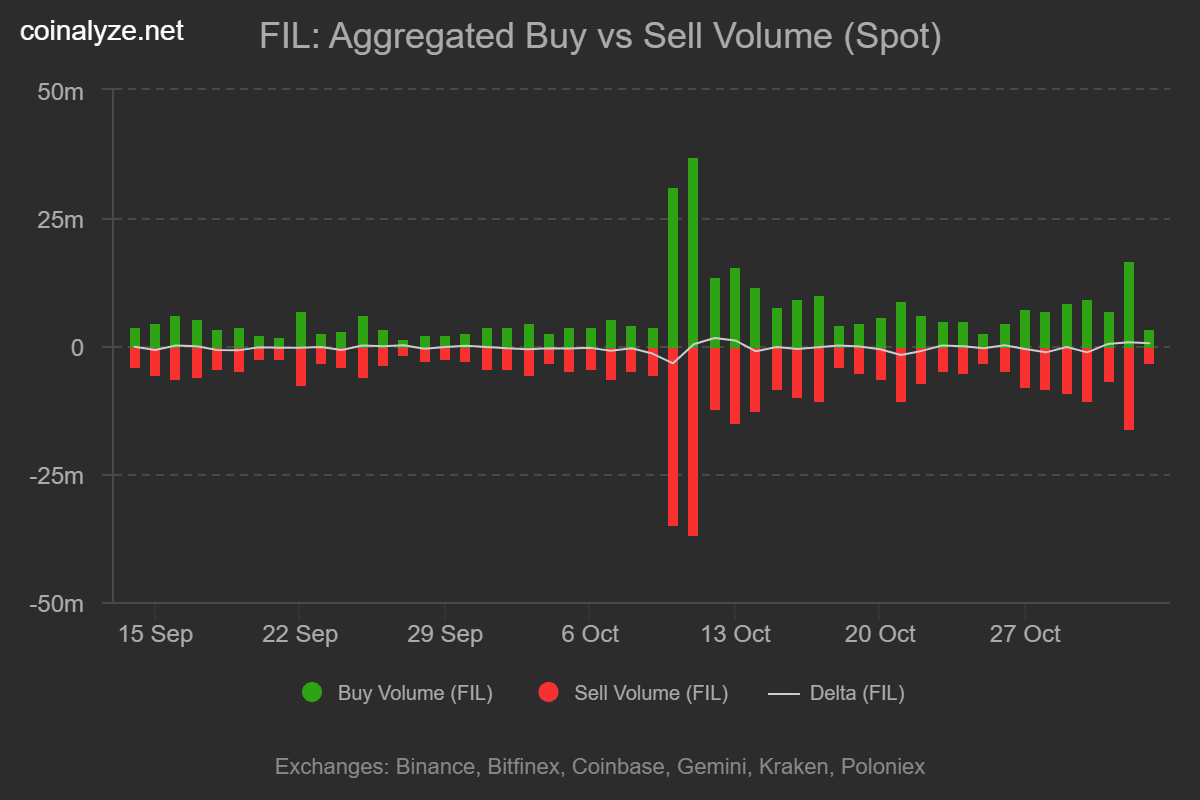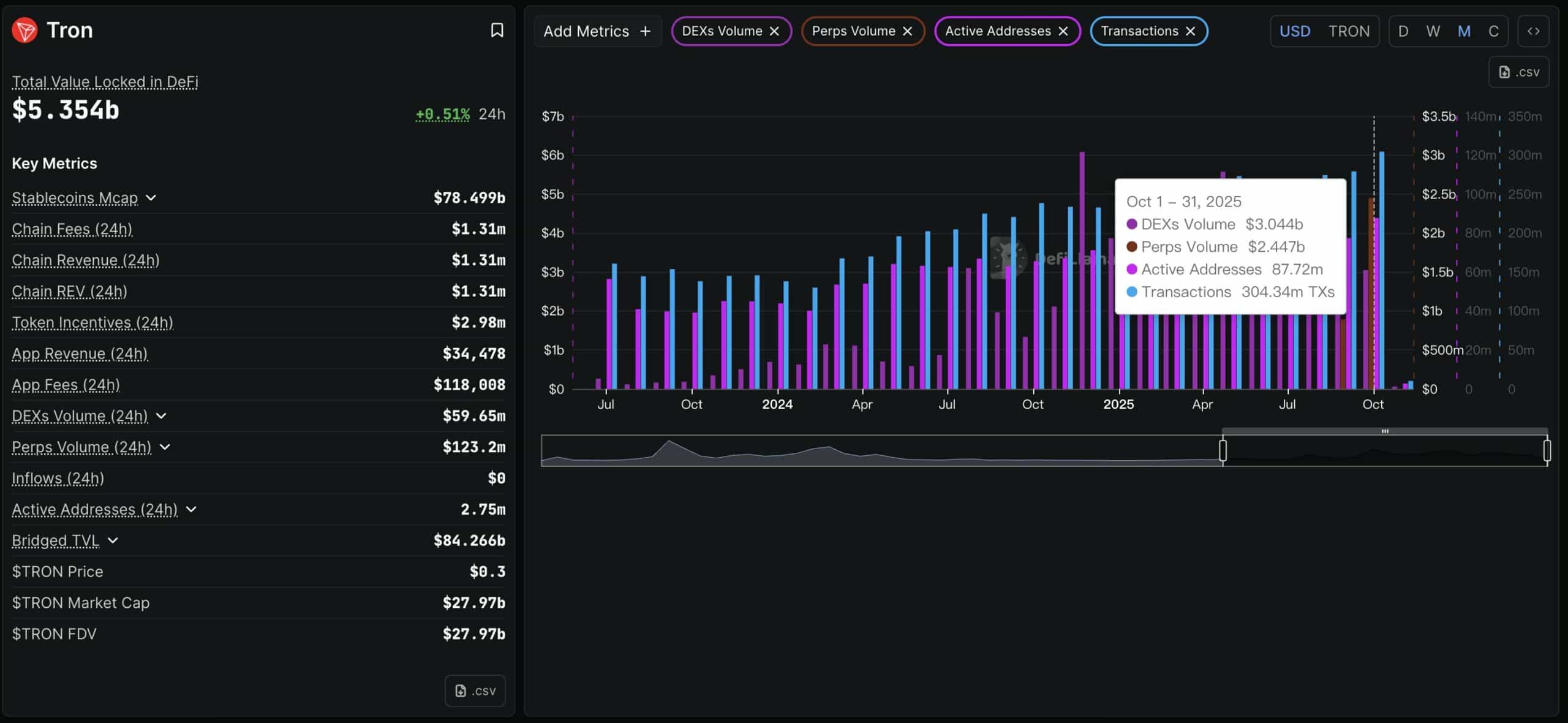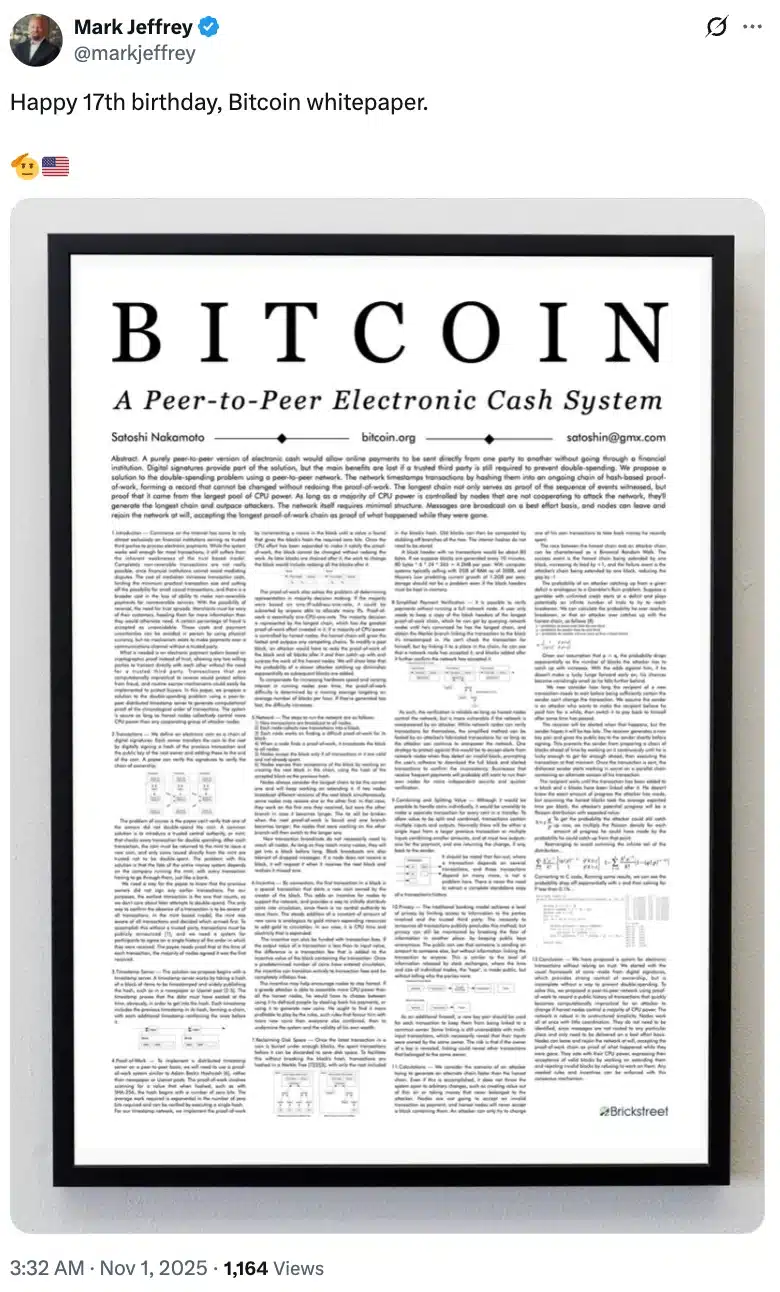US DOJ Drops the Hammer on Crypto Crackdown: Writing Code Is No Longer a Crime—What This Means for Your Next Big Crypto Play!
Ever wondered if simply writing code could land you behind bars? Well, the U.S. Department of Justice just dropped a truth bomb that’s shaking up the crypto world. They’ve made it crystal clear: crafting and sharing code isn’t a crime—at least not when there’s no shady intent involved. This fresh stance marks a seismic shift in how crypto enforcement is handled, especially in the wake of the Tornado Cash case that had developers biting their nails. The DOJ’s new approach focuses on the why and how behind the code, rather than treating lines of programming as guilty until proven innocent. For open-source developers who’ve been tiptoeing around legal fears, this update is nothing short of a relief. But beware—the door isn’t wide open for bad actors intent on wrongdoing. Intent matters, and if you’re crossing that line, expect the hammer to come down hard. Curious about the fine print and what this means for the future of digital innovation? Dive in and unravel the details. LEARN MORE
The DOJ clarified that developers won’t face charges for writing code without intent to commit crimes, a clarification that follows the Tornado Cash conviction.

Photo: Al Drago
Key Takeaways
- The US Department of Justice affirmed that shipping code is not a crime for crypto and open source developers.
- The comments build on the April 2025 Blanche Memo, which declared the end of “regulation by prosecution.”
Share this article
The US Department of Justice (DOJ) has drawn a new line on how it will approach developers in the digital asset sector, declaring that “merely writing code without ill intent is not a crime.”
The statement, delivered Thursday by Matthew J. Galeotti, acting assistant attorney general of the DOJ’s Criminal Division, signals one of the clearest shifts yet in crypto enforcement.
Speaking at an event hosted by the American Innovation Project, Galeotti said open-source developers should not fear prosecution simply for contributing code.
“The criminal division will, however, continue to prosecute those who knowingly commit crimes or who aid and abet the commission of crimes, including fraud, money laundering, and sanctions evasion,” he added.
The remarks come weeks after a New York jury convicted Tornado Cash co-founder Roman Storm on conspiracy charges for operating an unlicensed money transmitting business.
Prosecutors said Storm had violated federal statute 18 U.S.C. 1960, but Galeotti clarified that new charges under that law would not be approved if the software is truly decentralized, only automates peer-to-peer transactions, and does not give a third party custody or control of user assets.
Katie Biber, chief legal officer at Paradigm, called the DOJ’s stance “an emphatic statement” that shipping code is not a crime.
“For too long, crypto and open-source developers in the U.S. have been living under a cloud of doubt. That uncertainty ends today,” she said.
The position also builds on the DOJ’s Blanche Memo from April 2025, which stressed the department is not a digital assets regulator and declared the era of “regulation by prosecution” over.
Still, Galeotti cautioned that developers are not immune if intent to commit or facilitate crimes can be proven. “If there is criminal intent, there could be other charges,” he said.
Share this article





















Post Comment